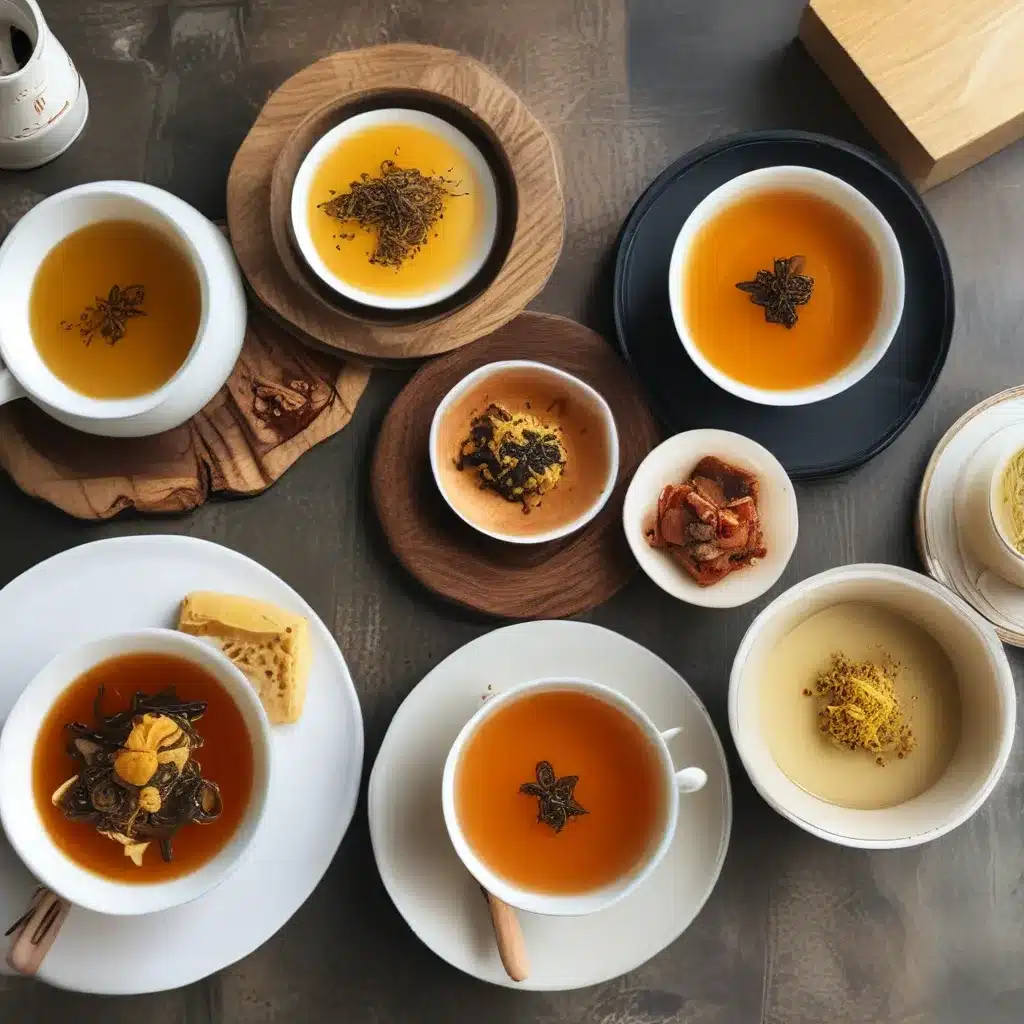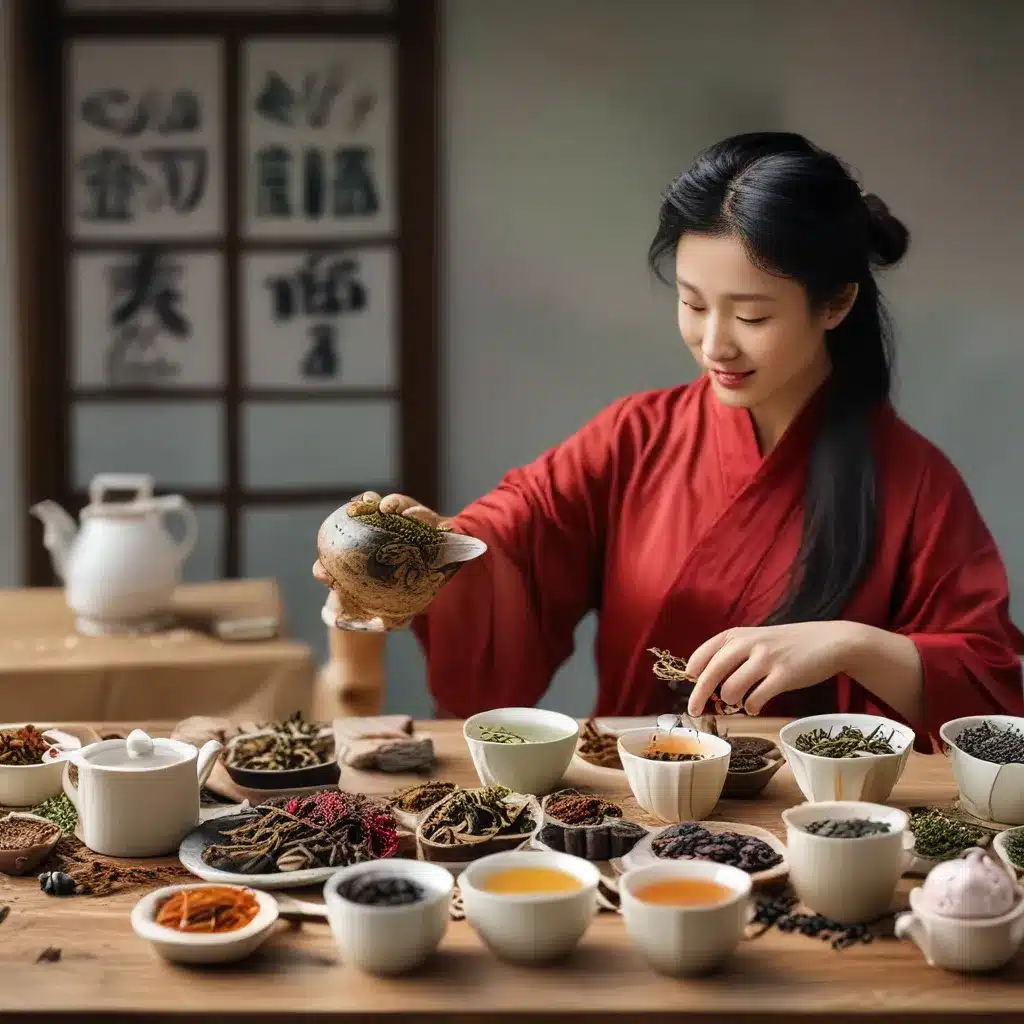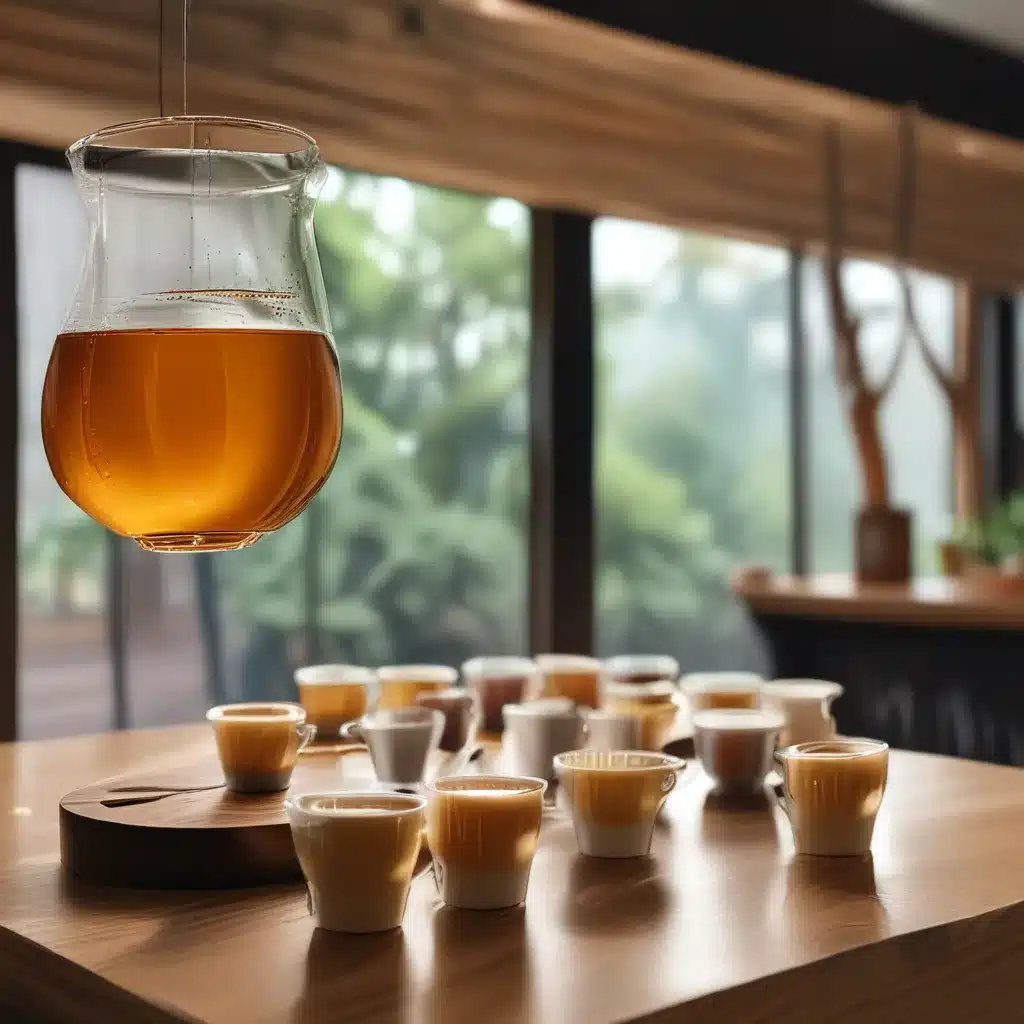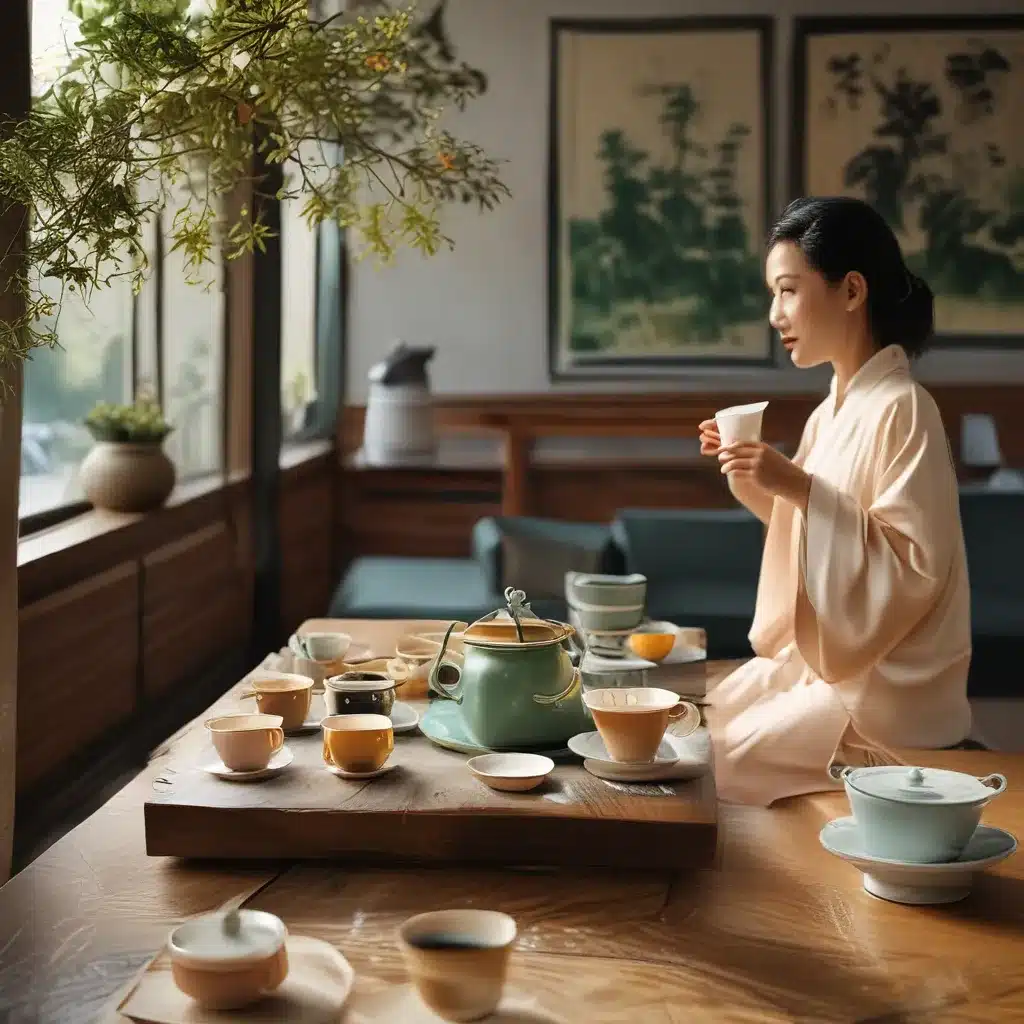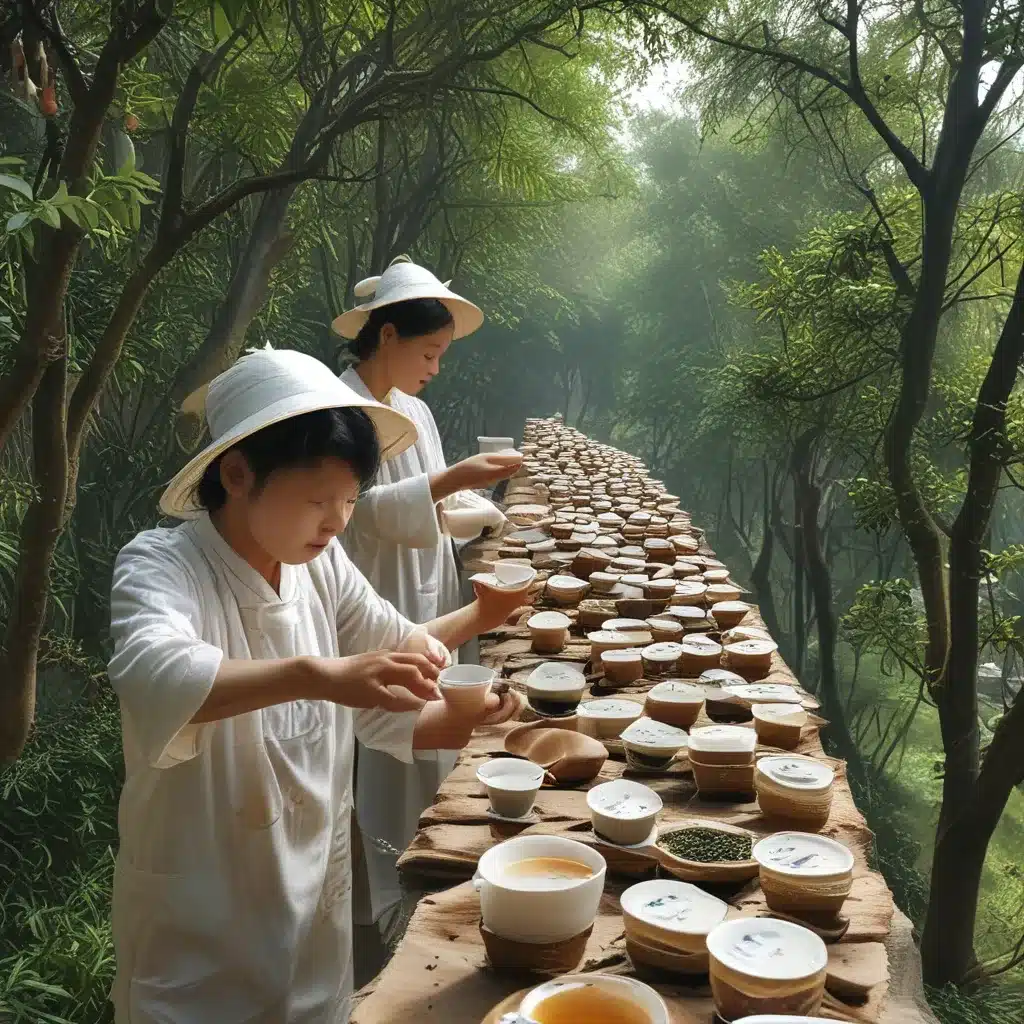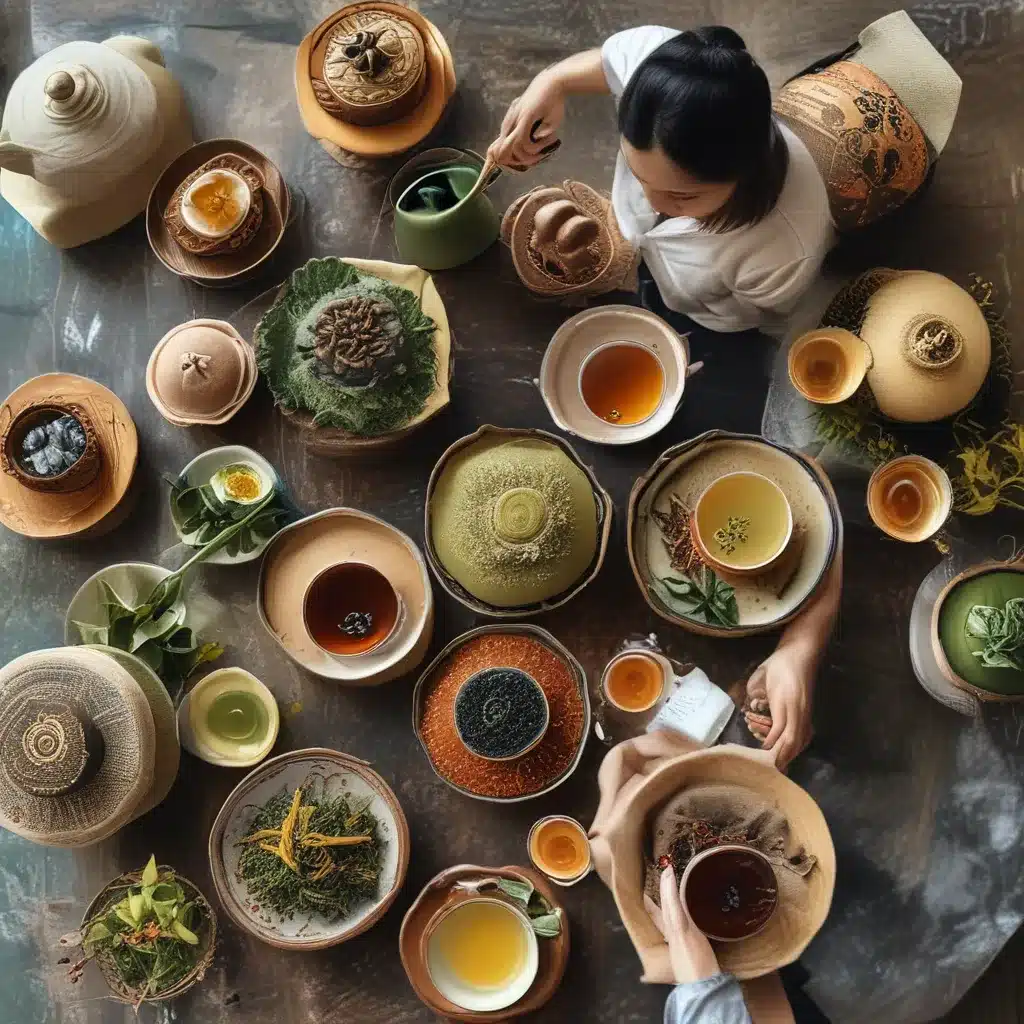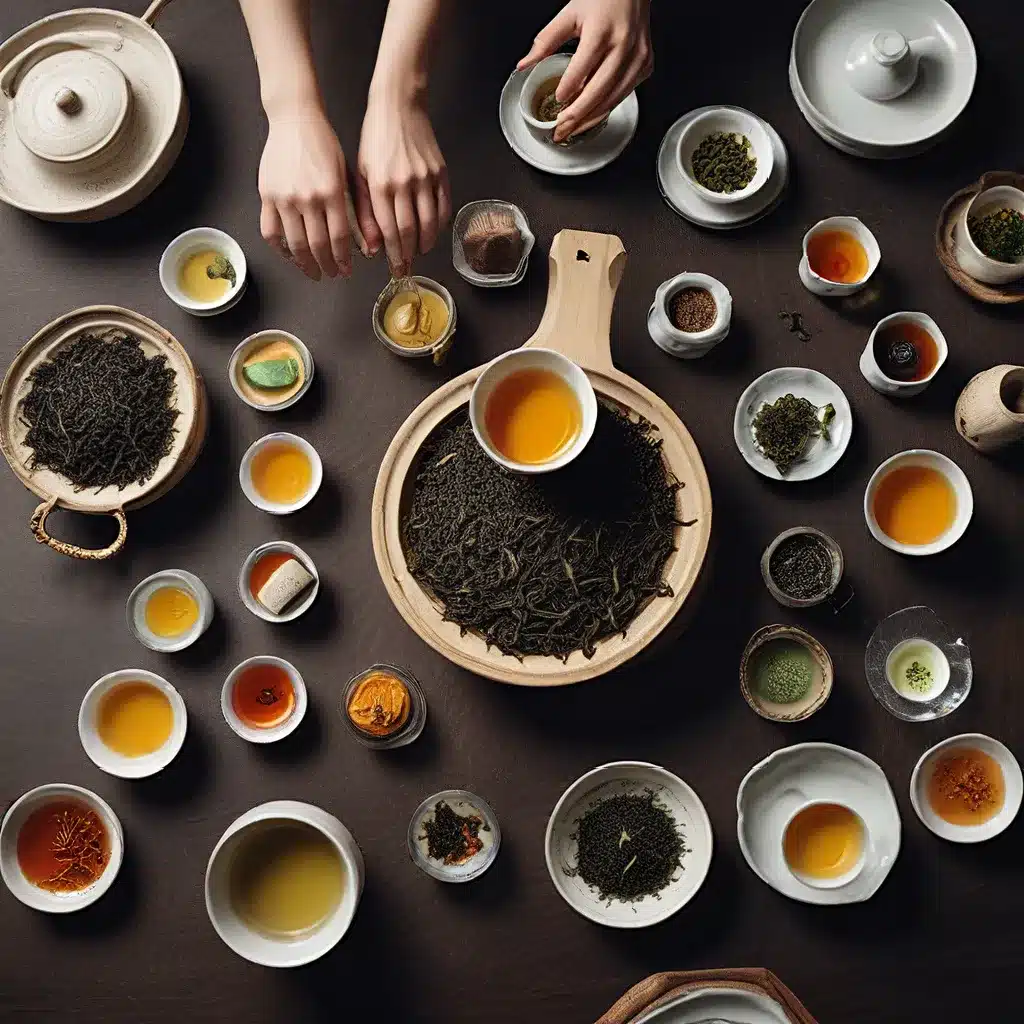
The Enchanting World of Shanghai’s Tea Culture
As I strolled through the bustling streets of Shanghai, I couldn’t help but notice the intriguing tea shops dotting the cityscape. Their inviting storefronts beckoned me to step inside and uncover the secrets of this ancient Chinese tradition. Little did I know that my casual tea-buying expedition would evolve into a captivating journey through the rich tapestry of Shanghai’s tea culture.
In my perpetual quest for authentic traditions in China, I ended up delving into a local tea market, where I quickly learned that drinking tea was far more than just a casual pastime. It was an art form, a ritual steeped in history and imbued with mystique. As my friend gently guided me through the experience, I realized that the simple act of purchasing tea was about to become a profound lesson in Chinese culture.
The Spirit of Tea: Harmony and Tranquility
The Chinese have been revering tea for thousands of years, and this cherished beverage is woven into the very fabric of their society. According to the Chinese tradition, tea plays an important role in the Cosmos. The process of transforming tea leaves into the perfect cup of tea is a harmonious dance between the five elements: earth, metal, wood, water, and fire.
As I sipped my first cup of expertly brewed tea, I felt a sense of calm wash over me. Xufeng Wang, a tea expert, explains that “the spirit of the tea is aimed at giving peace to the soul.” The tranquility and harmony embodied in this ancient ritual were palpable, reminding me of the deep reverence the Chinese have for this humble leaf.
The Masters of Tea: Guardians of a Timeless Tradition
As I delved deeper into Shanghai’s tea culture, I encountered a fascinating cast of characters who have dedicated their lives to mastering the art of tea. From the legendary Shennong, believed to have written the earliest book on Chinese pharmacology, to the revered Lu Yu, author of the seminal work “The Classic of Tea,” these tea masters have shaped the rich tapestry of this tradition.
Wu Lizhen, a farmer who lived during the Western Han dynasty, is considered the first official cha (tea) farmer, having planted seven cha trees that still stand today. These tea pioneers have left an indelible mark on Chinese society, elevating the humble tea leaf to a symbol of well-being and community.
Tasting the Art: A Sensory Journey
As I settled into one of the cozy tea shops, I was immediately struck by the ritual that unfolded before me. The skilled tea experts moved with precision, their every gesture a carefully choreographed dance. First, they would wash the tiny cups with hot water, followed by a delicate pouring of the first infusion, which they would then discard. Only on the second pour would they allow the tea to steep, before serving it to me with a reverence that left me in awe.
The tasting itself was a multi-sensory experience, engaging all of my senses. I was instructed not to swallow the tea immediately, but to let it linger on my tongue, allowing me to fully appreciate the flavors, aromas, and textures. The tea masters would then share the intricate details of the tea’s provenance, the processing methods, and the unique characteristics that set it apart.
The Art of Tea: A Path to Wellness and Connection
As I delved deeper into the world of Shanghai’s tea culture, I began to understand the profound role it plays in the lives of the Chinese people. Tea is not just a beverage, but a symbol of well-being, community, and connection. The ritual of tea-drinking is woven into the fabric of everyday life, from business meetings to family gatherings.
The art of tea is also deeply rooted in the principles of traditional Chinese medicine, with certain varieties believed to possess remarkable health benefits. According to the legend, the very discovery of tea was borne out of a quest for medicinal properties by the legendary figure Shennong.
Embracing the Tea Lifestyle: A Personal Transformation
As my tea journey in Shanghai unfolded, I found myself transforming in unexpected ways. The mindfulness and focus required to truly appreciate the art of tea-making had a calming effect on my mind, allowing me to slow down and savor the present moment. I was fortunate to discover a private tea room that offered an immersive tea art experience, where I could learn from the masters and make new friends through the shared appreciation of this ancient tradition.
My time in Shanghai has forever changed the way I approach the act of tea-drinking. No longer is it a mere habit or a quick caffeine fix; it has become a mindful ritual, a journey of self-discovery, and a connection to the rich cultural heritage of China. As I sip my tea at home, I am transported back to the bustling streets of Shanghai, where the air is thick with the aroma of freshly brewed cha and the spirit of harmony and tranquility.
Mastering the Art of Tea: A Lifelong Journey
The lessons I’ve learned from Shanghai’s tea masters have been truly transformative. From the intricate details of tea cultivation and processing to the profound philosophy woven into every sip, I’ve gained a deep appreciation for the art of tea-making. This ancient tradition is not just about the final product, but about the journey of discovery, the connections forged, and the sense of harmony and well-being it cultivates.
As I reflect on my time in Shanghai, I am reminded of the words of the great tea sage Lu Yu: “Tea is the elixir of life.” And indeed, it is. Through the lens of Shanghai’s tea culture, I have come to see tea as a gateway to a more mindful, connected, and fulfilling way of life. This is a journey I will continue to explore, one sip at a time, as I strive to master the art of tea and uncover the timeless wisdom it has to offer.
So, the next time you find yourself in Shanghai, I urge you to step into one of the city’s enchanting tea shops, immerse yourself in the ritual of tea-making, and let the spirit of harmony and tranquility wash over you. It just might be the start of your own transformative tea journey.

